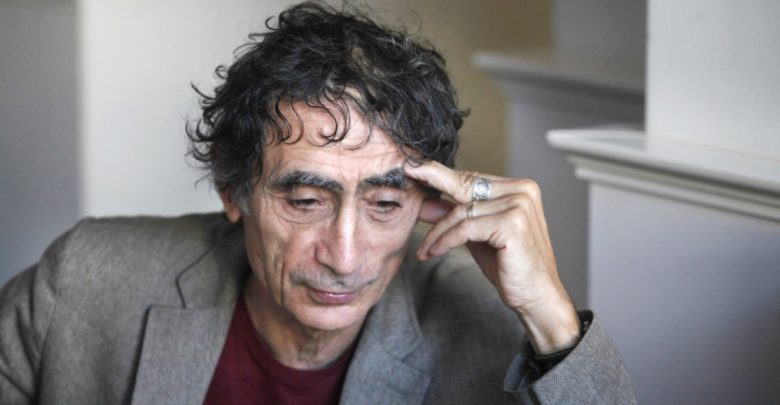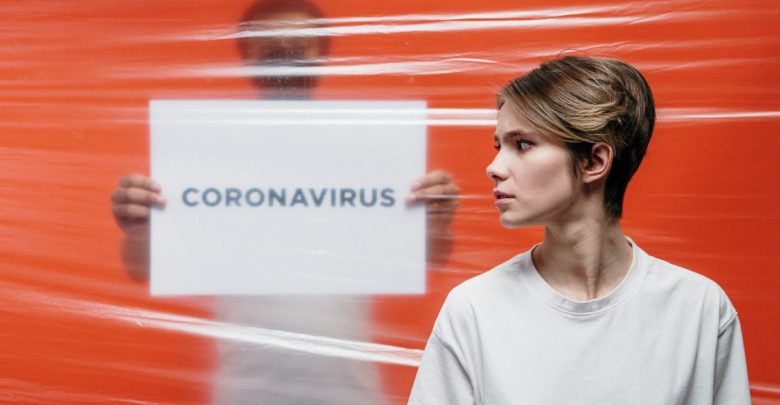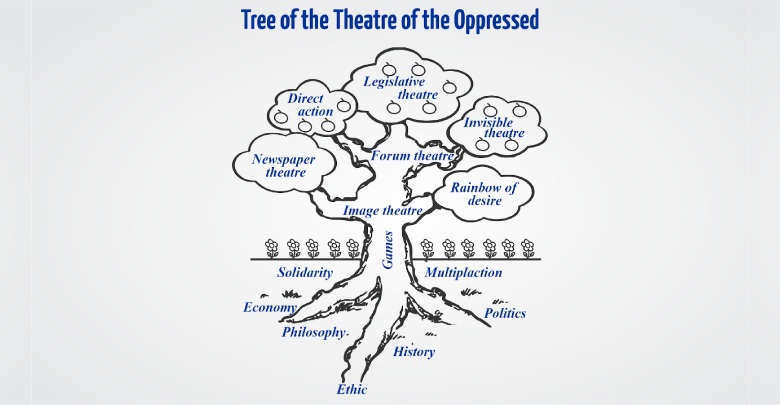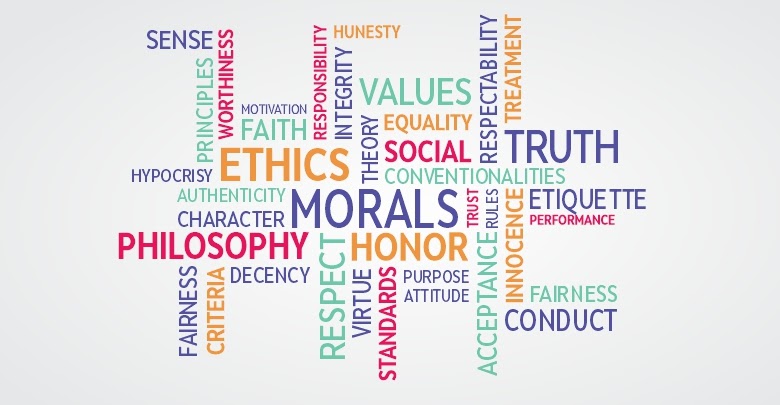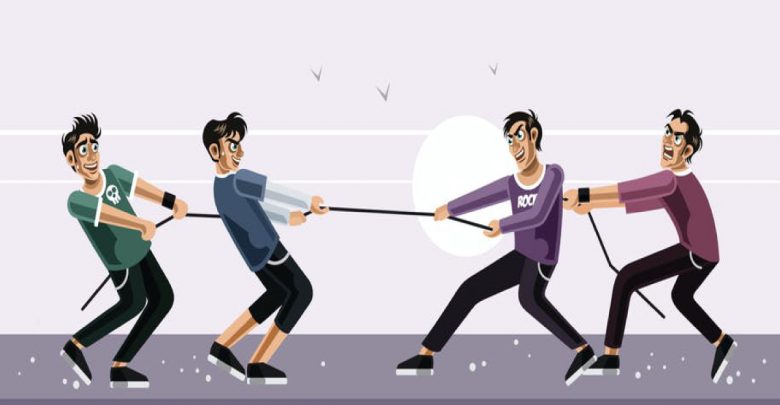Supporting learners in developing critical thinking
Supporting learners in developing critical thinking
-
The first part of the discussion answered the question “What is happening now?” WE HAVE LOST OUR STORY – Harari claims. He continuous: “People tend to think in stories. In the last 30-40 years we had a story that said that all we have to do is to just globalize the economy and liberate the politics and humanity will reach…
Read More » -
In this video, Dr. Gabor Maté gives a beautiful speech on human nature and the implications culture has on our ability to maintain it. In this segment of the speech, he discusses four different categories of self-alienation, and provides a sentiment of hope to stay in touch with our true nature as we move forward through the challenging times of…
Read More » -
COVID – 19, also known as Coronavirus, has been THE global crisis of our generation. You too have probably been in self-isolation and #stayhome hashtag has been on your TV or social media screen for months. Governments all over the world have taken measures and adopted policies that in “normal” times would take years to be adopted. Probably, one of…
Read More » -
Being an active citizen is one of the priorities of every society. Active citizenship leads to a better, integrated and inclusive society. European Union is making big efforts to encourage and enhance youth proactive citizens. However, In 2015, 11.9% of the adult population in the European Union (EU) said they were active citizens, meaning that they had attended meetings, signed…
Read More » -
“A morally and civically responsible individual recognizes himself or herself as a member of a larger social fabric and therefore considers social problems to be at least partly his or her own; such an individual is willing to see the moral and civic dimensions of issues, to make and justify informed moral and civic judgments, and to take action when…
Read More » -
Critical thinking is that mode of thinking – about any subject, content, or problem — in which the thinker improves the quality of his or her thinking by skillfully taking charge of the structures inherent in thinking and imposing intellectual standards upon them. (Paul and Elder, 2001). Youth that has a higher level of critical thinking are potential youth activities…
Read More » -
Self-reflection and self-evaluation of the values are one of the most important things in life. Self-reflection is like looking into a mirror and describing what you see, but not only outside, also inside. Questioning own beliefs and values enables to question further extended manifestations of values in our everyday life, such as local policies, local government decisions, national policies, and…
Read More » -
While no single definition of conflict exists, most definitions involve the following factors: there are at least two independent groups, the groups perceive some incompatibility between themselves, and the groups interact with each other in some way. Two example definitions are: “process in which one party perceives that its interests are being opposed or negatively affected by another party”, and…
Read More » -
As leadership expert Warren Bennis once stated, “leadership is the capacity to translate vision into reality.” Leadership means different things to different people around the world, and different things in different situations. For example, it could relate to community leadership, religious leadership, political leadership, and leadership of campaigning groups. The words “leader” and “leadership” are often used incorrectly to describe…
Read More » -
Cooperation is an associative and basic process of social life. Society cannot exist without this. It is the very basis of social existence. It is one of the continuous social processes. The term ‘Co-operation’ is derived from the two Latin words ‘Co’ meaning together and ‘Operari’ meaning to work. Literally, Cooperation means ‘joint work’ or ‘working’ together’ for a common…
Read More »

